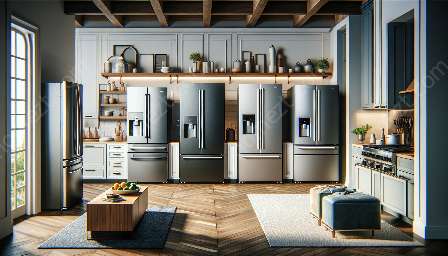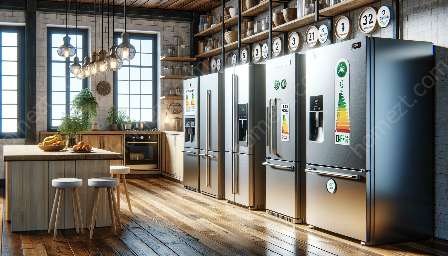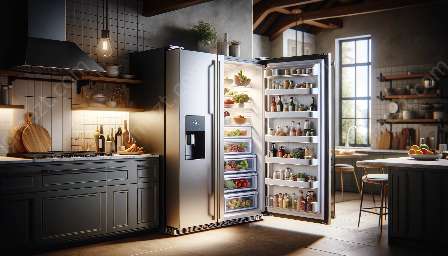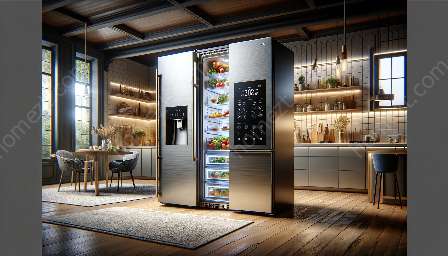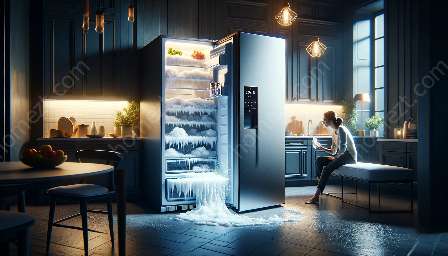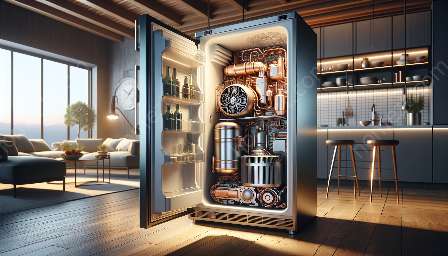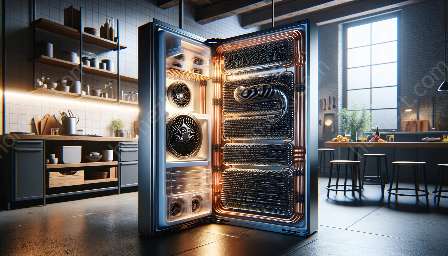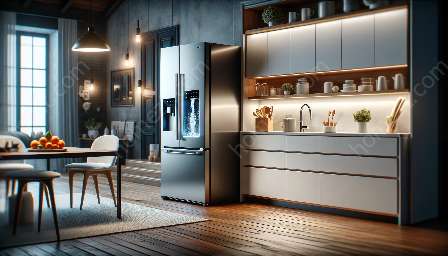Refrigerators are essential appliances in our homes, helping us preserve food and drinks. However, it's also important to consider refrigerator safety precautions to ensure the well-being of your family and the longevity of your appliance.
Why Refrigerator Safety Precautions Are Important
Refrigerators operate around the clock to keep your food fresh and safe to consume. However, they also pose certain safety risks if not used and maintained properly. By following the right safety precautions, you can prevent accidents and ensure the efficient performance of your refrigerator.
Refrigerator Safety Precautions
Here are some essential refrigerator safety precautions to keep in mind:
- Proper Placement: Place your refrigerator away from heat sources, such as stoves and direct sunlight, to ensure it maintains the right temperature without overworking.
- Leveling: Ensure your refrigerator is properly leveled to prevent it from tipping over when opening the doors.
- Clean Coils and Vents: Regularly clean the coils and vents to remove dust and debris, preventing overheating and potential fire hazards.
- Safe Storage: Store food and drinks in a secure manner to prevent items from falling and causing damage to the refrigerator or injury to users.
- Keep Clearances: Maintain proper clearances around the refrigerator to allow for adequate ventilation and prevent overheating.
- Childproofing: If you have small children, consider safety locks or latches on refrigerator doors to prevent accidents or entrapment.
- Proper Cleaning: Regularly clean the interior of the refrigerator to prevent the growth of bacteria and mold, which can pose health risks.
Maintaining Your Refrigerator
In addition to safety precautions, proper maintenance of your refrigerator is crucial for its performance and safety. Some important maintenance steps include:
- Temperature Checks: Monitor the internal temperature of your refrigerator regularly to ensure it's within the recommended range for food storage.
- Defrosting: If your refrigerator requires manual defrosting, ensure you do so in a timely manner to prevent ice buildup, which can affect its performance.
- Inspecting Seals: Check and maintain the integrity of the door seals to prevent air leaks and energy wastage.
- Checking for Leaks: Regularly inspect the refrigerator for any water leaks, which can lead to damage and mold growth.
- Professional Maintenance: Consider scheduling professional maintenance at least once a year to ensure the efficiency and safety of your refrigerator.
Conclusion
By following these refrigerator safety precautions and maintenance tips, you can protect your family from potential accidents and ensure the longevity of your refrigerator. Remember that proper care and attention to safety measures can make a significant difference in the performance and safety of your appliance. Stay safe and enjoy the convenience of a well-maintained refrigerator!


